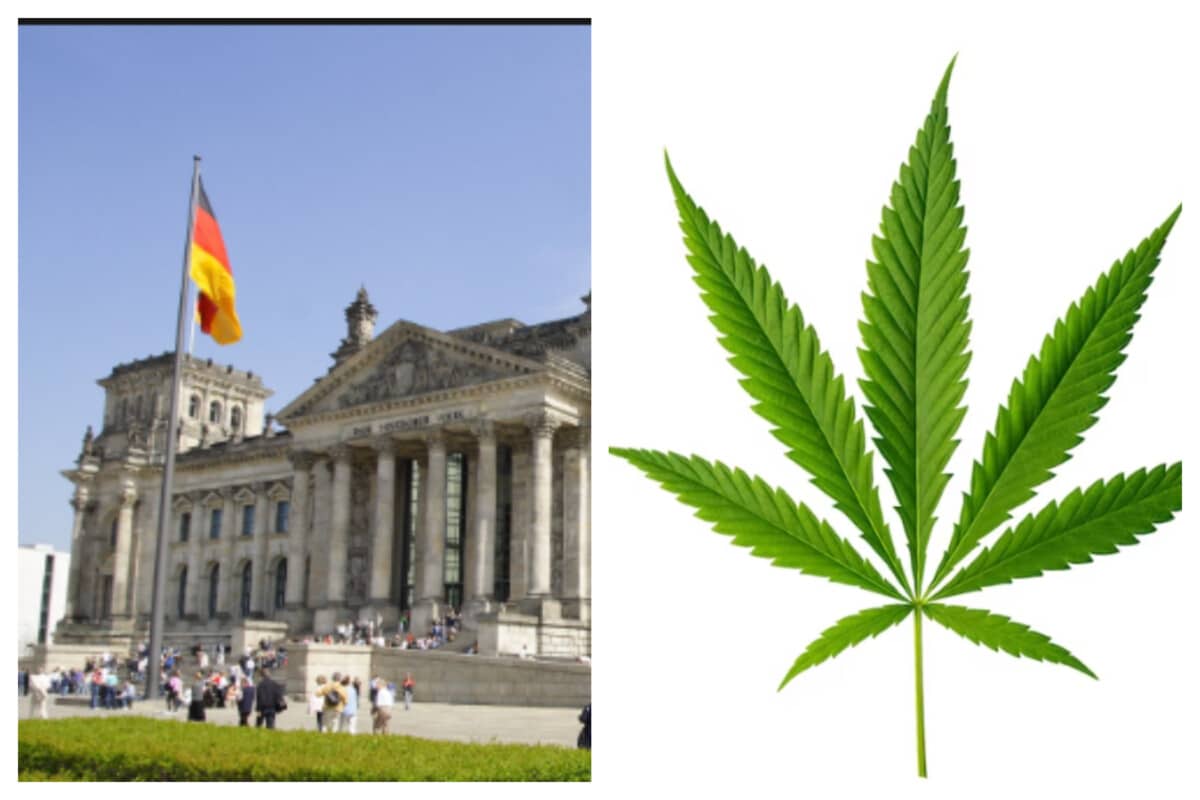The German's parliament have voted to approve and legalize the possession and controlled cultivation of cannabis starting in April, despite strong objections from the opposition and campaign groups.
The parliament made the decision on Friday during the parliament sitting.
Under the new law, individuals will be able to obtain up to 25 grams of cannabis per day for personal use through regulated cannabis cultivation associations and can have up to three plants at home. However, possession and use of the drug will remain prohibited for anyone under 18.
Health Minister Karl Lauterbach urged members of parliament to support the law, stating that the current situation regarding cannabis use is unacceptable, especially among young people who often obtain the drug from the black market, where its composition is uncertain.
Opposition CDU member Simone Borchardt criticized the law, arguing that it would increase health risks for young people. She accused the coalition government of making policy based on ideology rather than the country's best interests.
The cannabis law has sparked controversy within the coalition government of Chancellor Olaf Scholz's Social Democrats, the Greens, and the liberal FDP. The coalition had initially planned to allow cannabis sales in shops but was prevented from doing so by the European Union.
The new law has also faced criticism from medical associations and health groups.
In a significant move, 407 Members of Parliament (MPs) voted in favor of a draft law that will legalize the non-commercial cultivation and controlled distribution of cannabis by cannabis clubs in Germany. This legislation, once enacted, will make Germany one of the countries with the most lenient marijuana laws in Europe, where the drug remains illegal in most nations.
In Malta, legislation passed in 2021 permits adults to carry up to 7 grams of cannabis and grow up to four plants at home, but public consumption is still against the law. Meanwhile, Luxembourg has decriminalized the possession of cannabis in public and allows private consumption, as well as the cultivation of up to four cannabis plants as of this year.




















